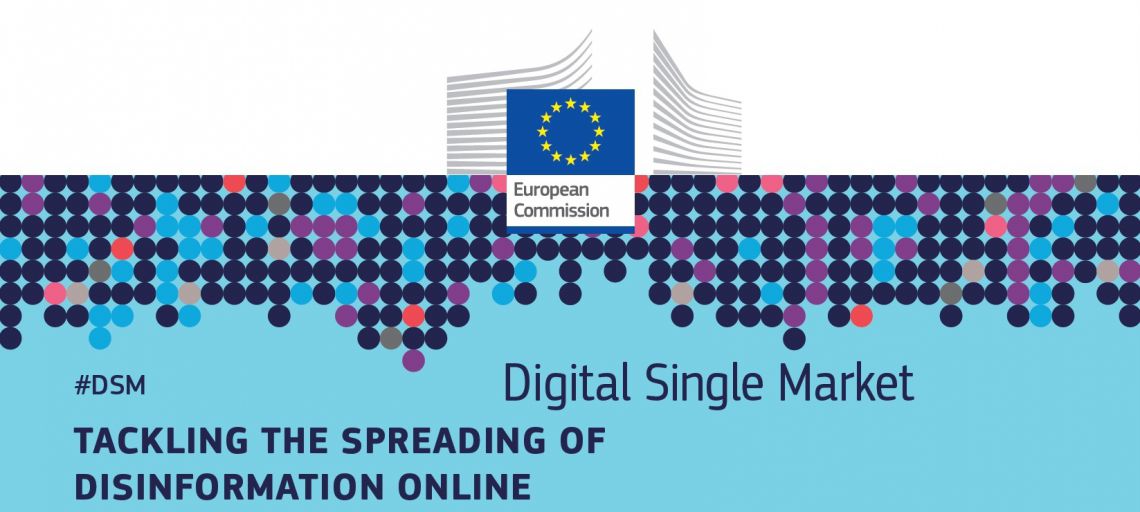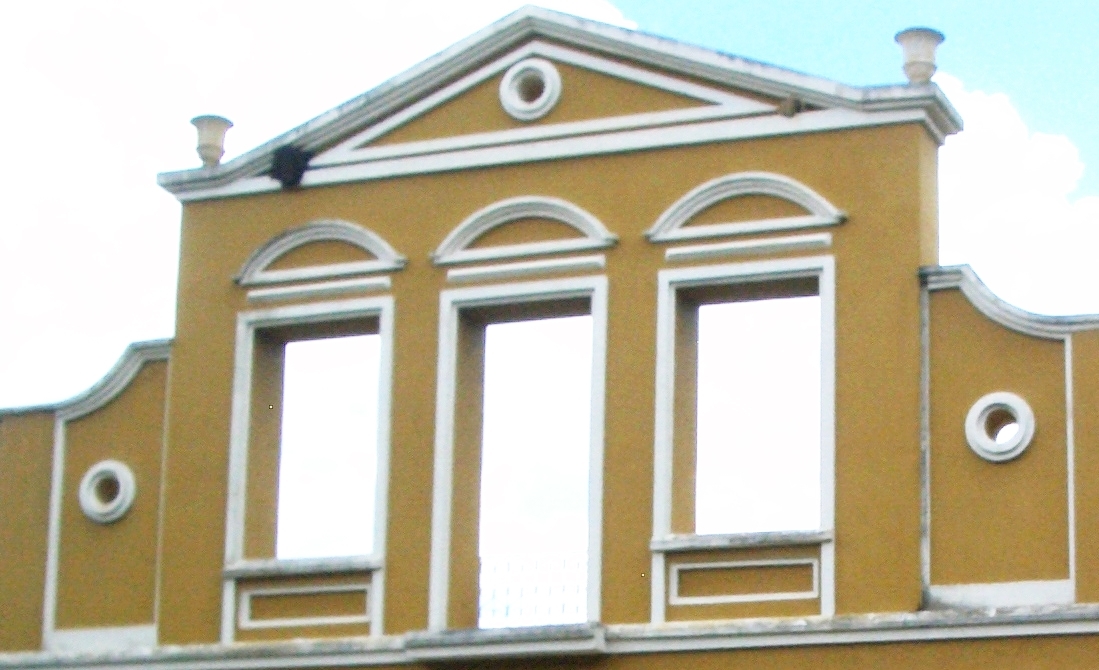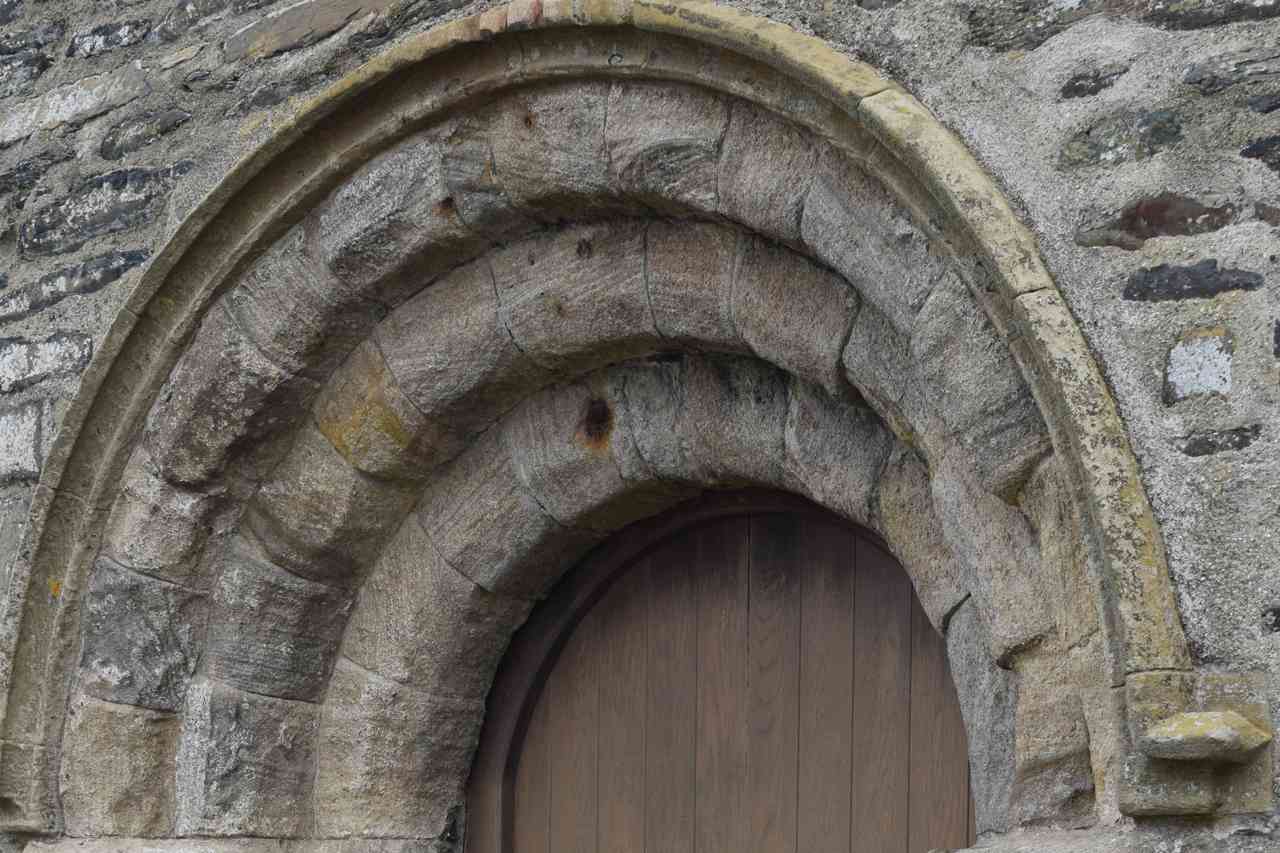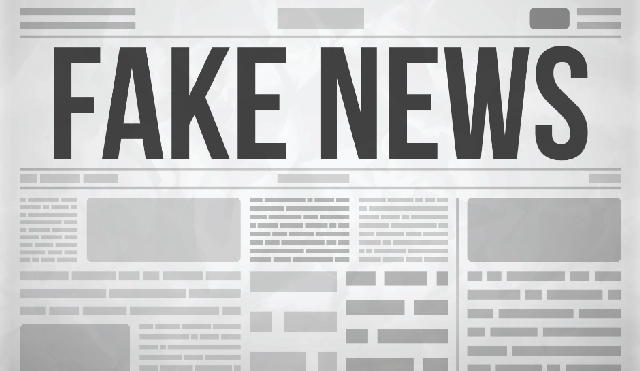Lessons from Eastern Europe — and the West, as noted at an event hosted by the U.S. Embassy Austria in the Amerika Haus, Vienna.
Read MoreTackling Online Disinformation
The EU Commission proposes an EU-wide Code of Practice on Disinformation, support for an independent network of fact-checkers, and tools to stimulate quality journalism.
Read MoreSpreading true and false news online
False news was more novel than true news, which suggests that people were more likely to share novel information.
Read MoreNoble Lies, Fictions and Fake News
This posting is an extended version to the feedback on CEC’s roadmap “Communication on fake news and online misinformation”.
Read MoreDisinformation on the Internet
On June 22, 2017, the founder and CEO of snopes.com, David Mikkelson, visited the “Amerika Haus Wien” (at the invitation of the Embassy of the USA). Under the title “Disinformation on the internet”, he talked about the development of his fact check site, which he had begun in 1994 as a hobby. Since then, snopes.com has risen to become one of the most respected fact-checkers. If you are in doubt about a news article, you can check it out at snopes.com.
Read MoreFrom Greeks to Geeks
How we understand information, how we evaluate its credibility and how we distinguish it from disinformation and fake news; these are the components of what we see as information literacy. We think they are important because, as the great nineteenth century liberal reformers taught us, you cannot have a liberal society without a liberal education. In today’s world, without information literacy education is not education but indoctrination.
Read More





